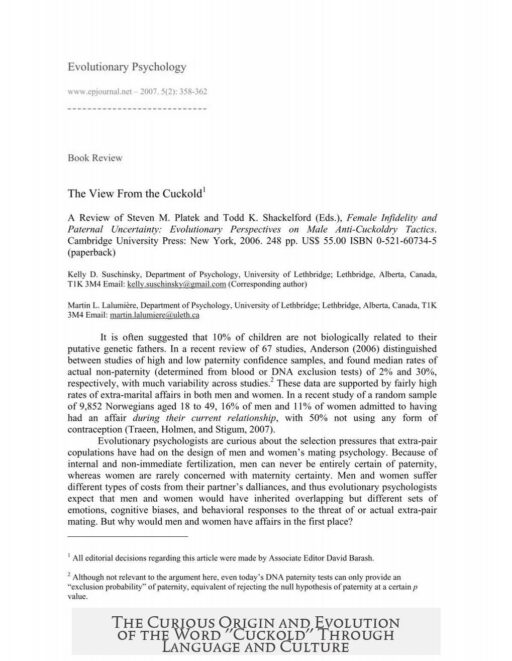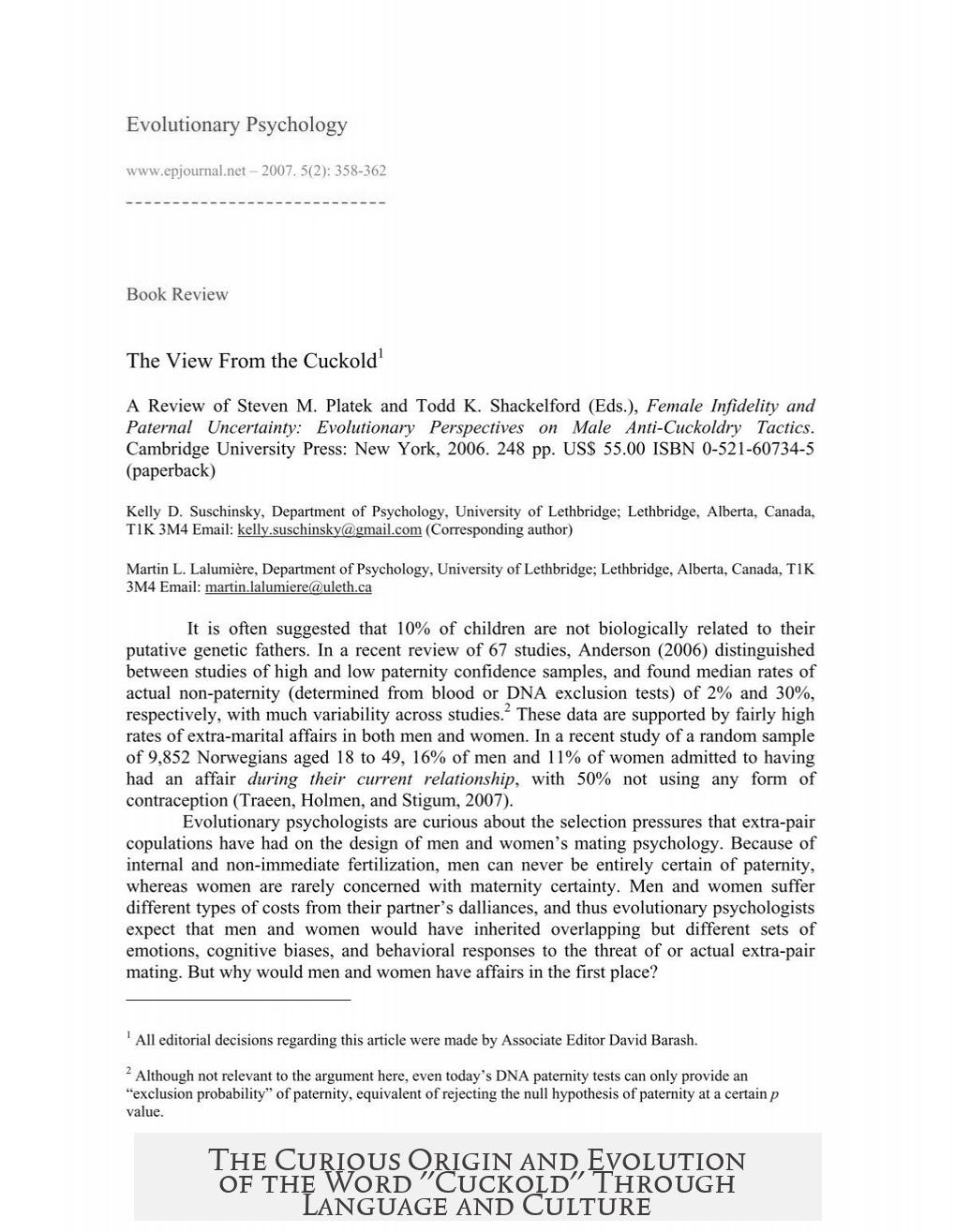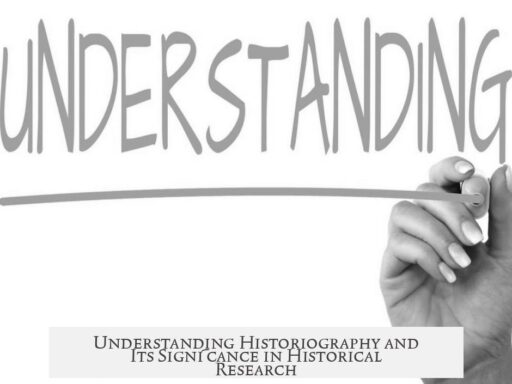The word “cuckold” originates from the mid-13th century and traces back to the Old French term cucuault, which itself derives from cocu, linked to the cuckoo bird. The suffix -ault has Germanic roots and serves as a pejorative marker. The origin metaphorically connects to the behavior of the female cuckoo bird, which is known for laying eggs in the nests of other birds, symbolizing unfaithfulness.
This term’s etymology highlights linguistic influences from Old French and Germanic languages. Cuckold transforms from the Old French cucuault, rooted in cocu, pointing to the cuckoo bird’s habit. The suffix -ault carries a negative connotation and stems from Germanic origins. The cuckoo metaphorically represents a female leaving offspring in another’s nest, analogous to a wife’s infidelity in human society.
There is a German equivalent to “cuckold,” the word Hahnrei, dating to the 13th century and deriving from Low German. Its precise origin remains unclear. Some linguists suggest the second element is linked to words meaning “ardent,” which may imply a “sexually aggressive hen.” Others associate it with the term for capon, a castrated rooster, underscoring the cuckold as a man deprived of sexual potency or control.
The word also functions as a rare sexual insult aimed at men. It implies that the cuckolded husband fails to satisfy his wife sexually, forcing her into seeking affairs outside the marriage. This understanding of cuckoldry targets male sexual inadequacy rather than the woman’s transgression alone.
A strong symbolic association exists between cuckoldry and the image of a horned man. This symbolism appears in diverse European cultures and historical sources. Traditionally, cuckolds were imagined to “wear horns,” a metaphor that has survived across many languages. Horns symbolized shame and public humiliation. One reason for this image may stem from an old practice of grafting the spurs of a castrated rooster (a capon) onto the bird’s comb, where these spurs grew like horns.
This practice relates to the German word Hahnrei, which originally meant “capon” before becoming a synonym for cuckold. Horns symbolize castration and impotence, reinforcing the insult directed at the cuckolded man.
The horn symbolism extends to gestures. In French and Italian cultures, a hand gesture mimicking horns—formed by extending the index and pinky fingers while folding the others—signals that a man has been cuckolded. The gesture carries the meaning “I have slept with your wife,” thus “you have horns.”
| Aspect | Details |
|---|---|
| Etymology | Mid-13th century Old French cucuault from cocu + Germanic pejorative suffix -ault |
| Symbolism | Linked to cuckoo bird’s habit of leaving eggs in other nests; sexual insult targeting male inadequacy |
| German Term | Hahnrei (13th c.), linked to “capon” / “castrated rooster,” unclear exact origin |
| Horns Symbolism | Cuckolds said to “wear horns,” symbol of shame; related to grafted rooster spurs and European folklore |
| Hand Gestures | French/Italian horn gesture (index & pinky fingers extended) means “you have been cuckolded” |
The origin of “cuckold” combines linguistic evolution, bird behavior metaphor, and deep-rooted cultural symbols. The cuckoo bird’s reproductive trickery parallels the betrayal imagined in cuckoldry. The pejorative suffix intensifies insult. Horns represent the visible badge of shame worn by cuckolded men, a motif echoing across languages from Greek to modern European tongues.
This term’s continuing presence reflects enduring cultural attitudes toward sexual fidelity and masculine honor. The specific insult targets a husband’s perceived failure, rather than focusing solely on the wife’s infidelity. It thus offers insight into medieval and early modern views on marriage, gender roles, and sexual reputation.
- The word “cuckold” originates from Old French cucuault, linked to the cuckoo bird’s behavior.
- It carries a pejorative suffix of Germanic origin, emphasizing insult.
- Symbolizes male sexual inadequacy, implying the husband can’t satisfy his wife.
- Horned imagery represents cuckoldry, tied to old practices and broad European cultural symbols.
- Hand gestures mimicking horns convey cuckoldry insults in French and Italian cultures.
The Curious Origin of the Word “Cuckold”: More Than Just an Old Insult
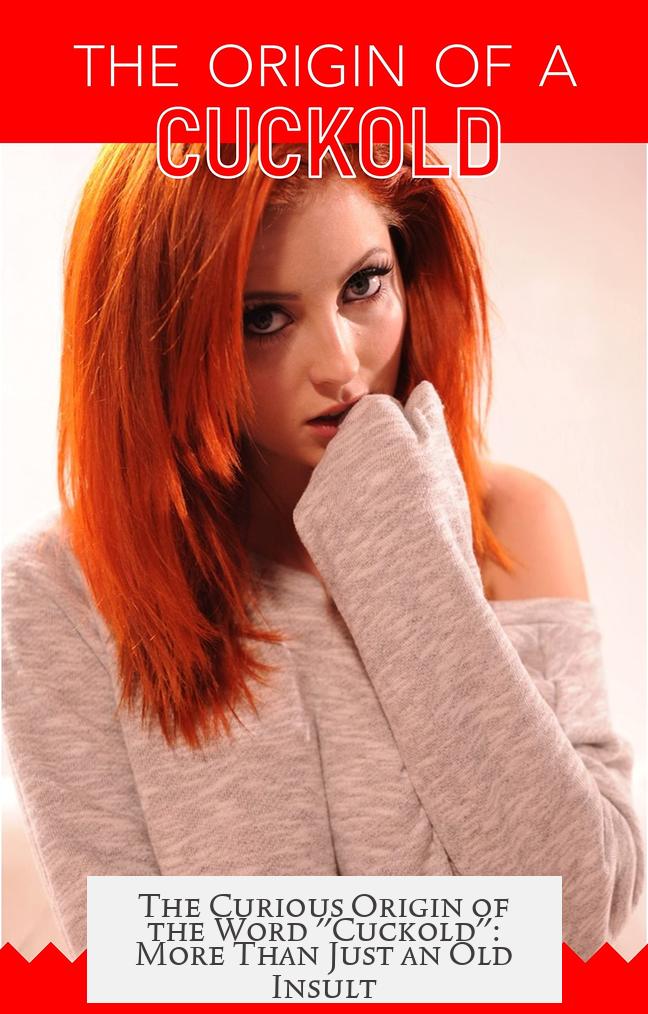
Ever wondered where the word cuckold comes from? It’s older than your grandma’s cookie recipe and surprisingly rooted in birdwatching—not to mention a dash of medieval European sociology. The origin of “cuckold” traces back to the 13th century, sprouting from Old French and tapping into the cuckoo bird’s notorious habits. But, oh, the story doesn’t stop there. It’s a linguistic journey rich with symbolism, cultural jabs, and even some poultry-based anatomical oddities.
Let’s unravel the tangled nest of history behind this infamous word.
From Bird Behaviors to British Insults: The Linguistic Roots
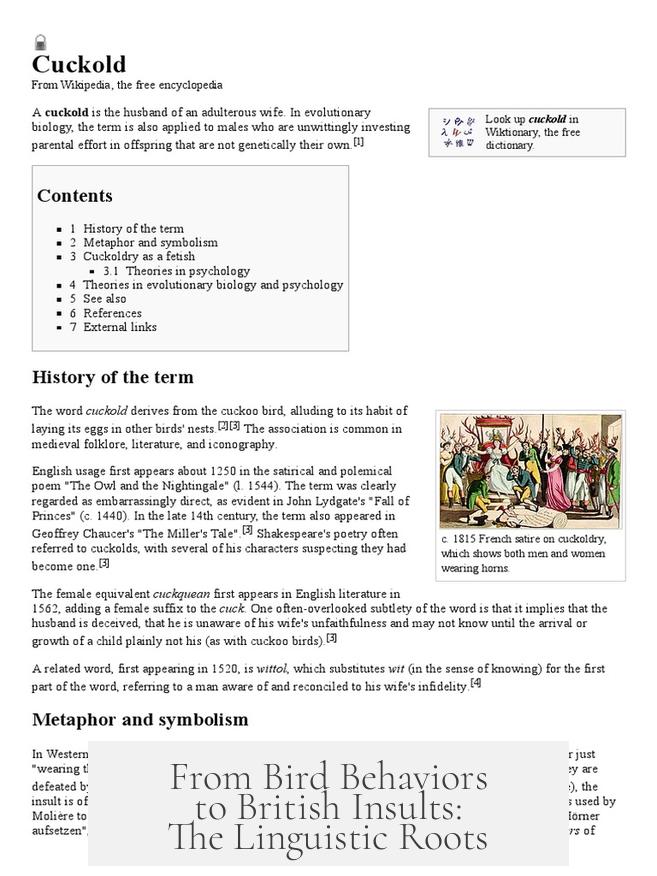
“Cuckold” first flew into English as kukewald around the mid-1200s, borrowed from the Old French cucuault. That term itself derives from cocu, which directly references the cuckoo bird.
Why the cuckoo bird? Because it’s infamous for sneaky nesting tactics—leaving its eggs in other birds’ nests, effectively outsourcing child-rearing. This behavior got metaphoric wings, symbolizing a wife who “lays her eggs” (ahem, children) in another man’s “nest” (husband’s home). The suffix -ault throws in a Germanic snarl, turning it into a term with a pejorative bite.
Think of it as medieval wordsmiths casting a subtle but sharp social jab.
A Male-Targeting Insult That Packs a Punch
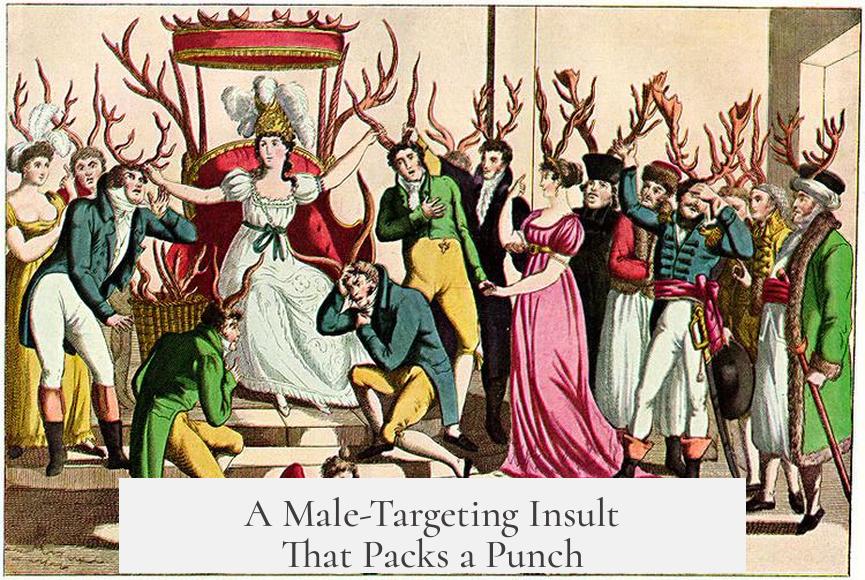
Most sexual jibes in history hit the female target, but the word “cuckold” flips the script. Here, men bear the brunt. A cuckolded man is seen as sexually inadequate—unable to satisfy his wife, he unwittingly pushes her toward other suitors.
This insult stung because it publicly questioned male virility. Imagine an insult that hits your “confidence button” harder than a bad Tinder date.
Horns, Hand Gestures, and Poultry Anatomy: The Visual Symbolism
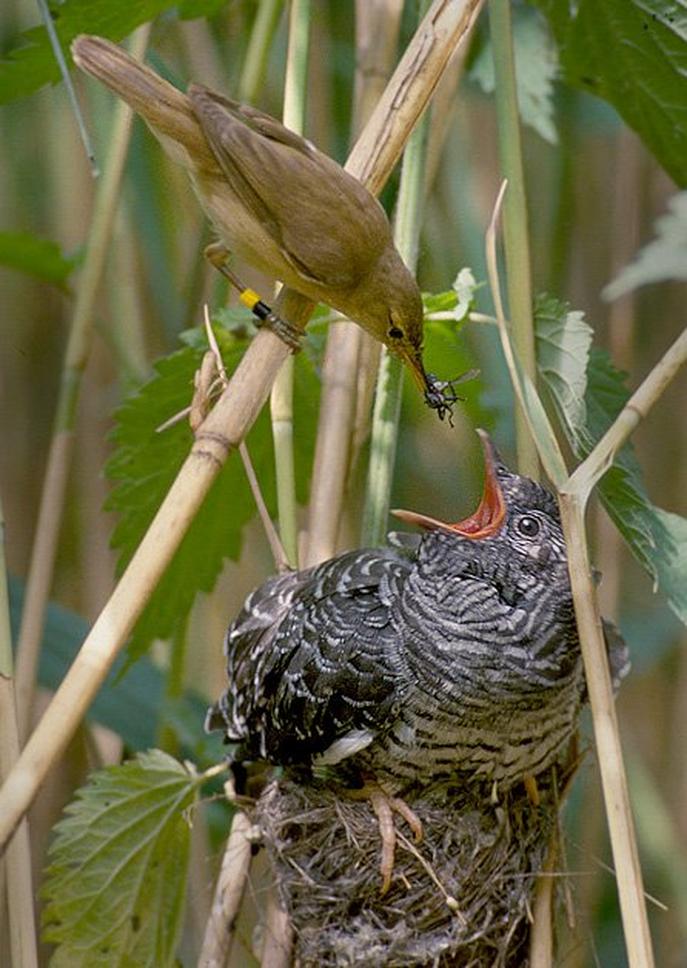
Have you ever heard of a cuckold being “horned”? Yes, it sounds strange. But across Europe, cuckolds were fancifully imagined as wearing horns. Shakespeare nods to this in his plays, and in French and Italian cultures, a rude hand gesture signaling “I’ve slept with your wife” involves the index and pinky fingers extended like horns.
But why horns?
Back in the day, castrated roosters—called capons—had their spurs (those sharp bits on their legs) grafted onto their head combs. Those spurs would grow to look like little horns.
This bizarre poultry modification became a metaphor for men who “lost their manhood,” paralleling the humiliation of being cuckolded. In German, the term hahnrei—meaning cuckold—literally relates to this capon image. It’s a delicate insult mixed with natural history and farming practices you won’t find in biology class.
Does This Old Word Matter Today?
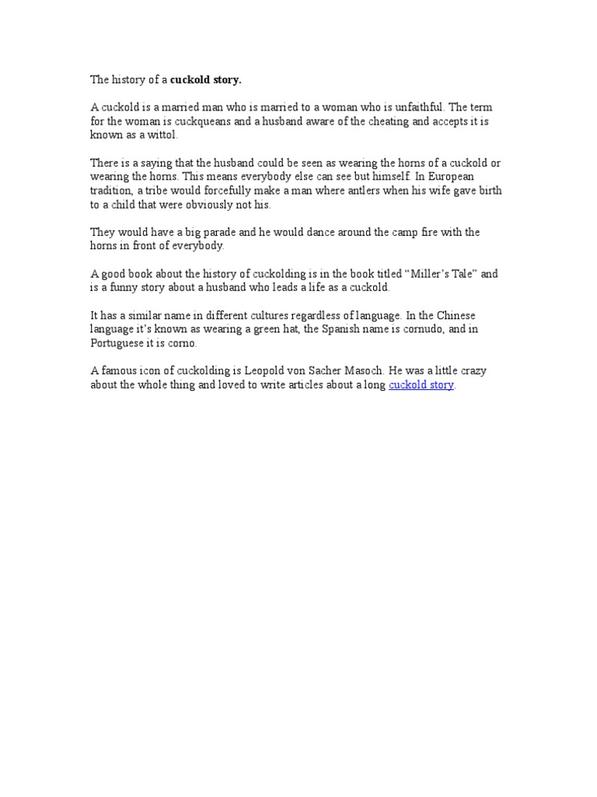
In modern use, “cuckold” gets dragged toward internet memes and edgy jokes, often overlooking its rich cultural heritage. Understanding the word’s origin shines light on medieval societal values—male pride, marital fidelity, and the deep human urge to shame rivals.
More than a dusty etymology, “cuckold” is a linguistic reminder of how language evolves from natural observations and social dynamics, then morphs into cultural artifacts.
Try This at Your Next Trivia Night
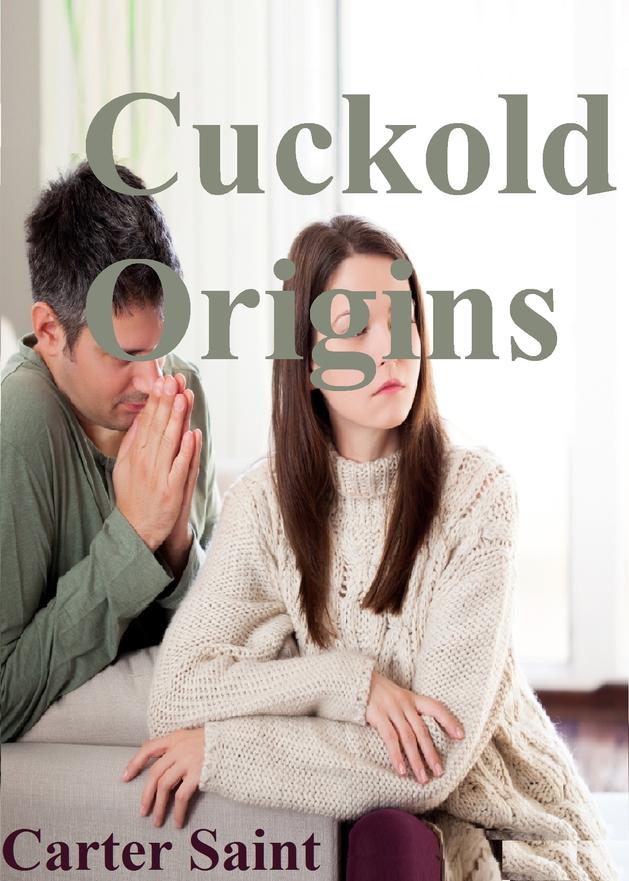
- Did you know the French still say cocu for a betrayed husband? It springs from the same cuckoo root.
- Making “horns” with your hand to insult someone? This rude gesture has origins in marking a man as cuckold.
- “Hahnrei,” the German cuckold term, hints at castrated roosters, underscoring how far these insults traveled—from barnyard biology to bedroom banter.
Next time you hear someone get called a “cuckold,” you’ll know that this ancient word nests a fascinating history of birds, horns, and cultural jabs.
Practical Tip: Using the Word Today
If you want your vocabulary to sound vintage but sharp, dropping “cuckold” might be tempting. Just remember the hefty baggage it carries. It’s a loaded insult about trust, masculinity, and betrayal. Use it wisely—preferably in historical discussions rather than bar fights or Twitter wars.
Instead, why not marvel at how a bird’s sneaky nesting strategy inspired centuries of language and culture? It’s rare that a creature so small leaves such a large imprint on human words.
In Conclusion
“Cuckold” originates from the cuckoo bird’s crafty parenting style, evolving through Old French and Germanic languages to become a sharp medieval jab at male sexual inadequacy. Associated with “horns” based on castrated rooster spurs, it carries layers of symbolism that echo in hand gestures and insults across Europe even today.
The word is a spectacular example of how nature, society, and language intertwine to create meaning—sometimes a bit embarrassing, often fascinating, but always worth knowing.
